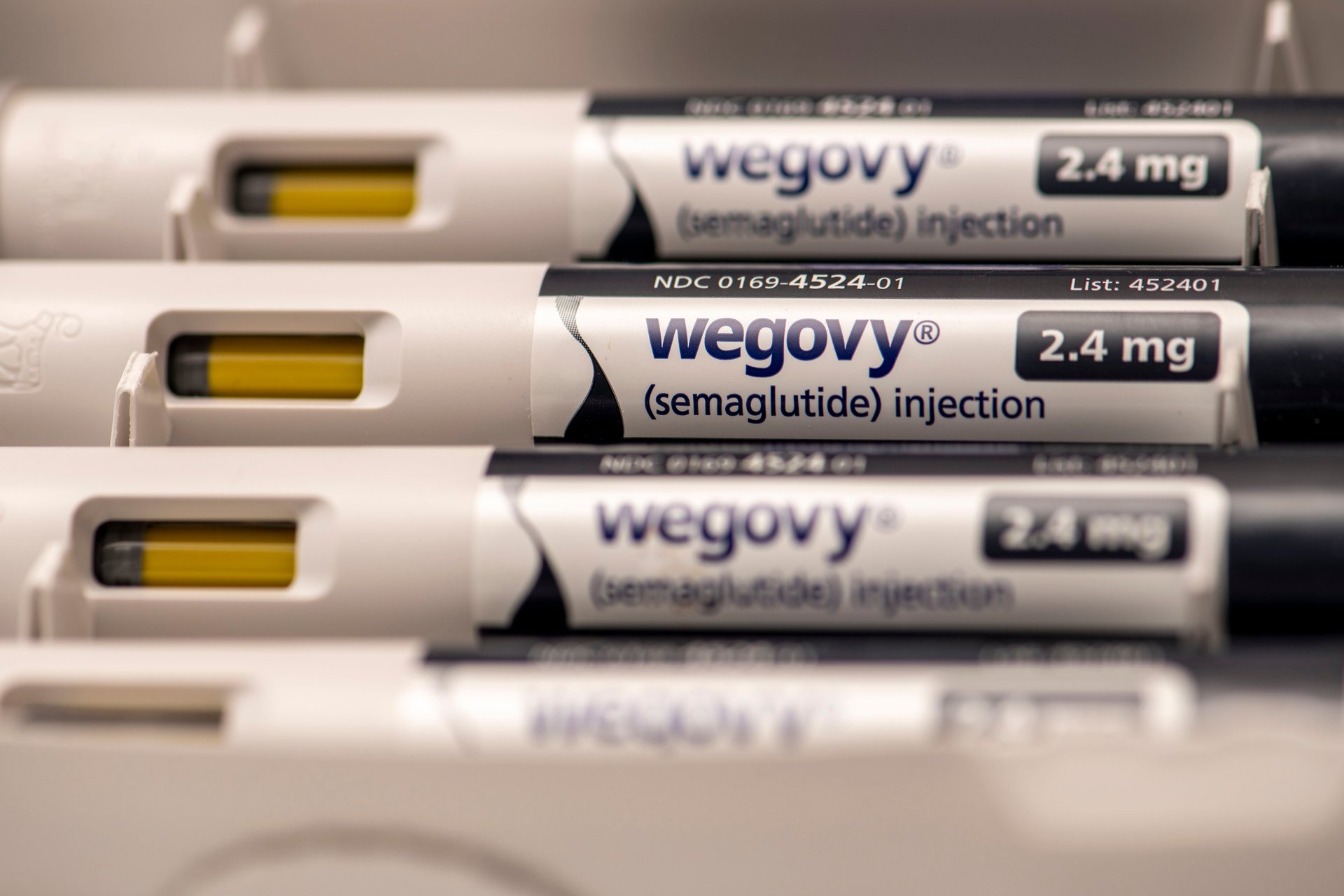Weight loss drugs are getting people to the doctor. Now comes the wave of long-ignored diagnoses
Demand for weight loss drugs like Ozempic is also boosting diagnoses of conditions such as sleep apnea and cardiovascular disease

Popular weight-loss drugs like Wegovy and Zepbound are boosting the use of healthcare in the U.S., leading to an uptick in patients getting diagnosed and starting prescriptions for other conditions, according to a new analysis by health data firm Truveta.
Suggested Reading
The firm analyzed thousands of electronic patient records between 2020 and 2024 and found a noticeable bump in first-time diagnoses of sleep apnea, cardiovascular disease, and type 2 diabetes just days after a patient started a prescription for a GLP-1 weight-loss drug.
Related Content
These drugs are bringing people who previously avoided medical care into the doctor’s office. In partnership with Truveta, Reuters interviewed a number of patients and physicians who said that some overweight patients seeking GLP-1s treatments have been hesitant to visit a doctor or go in for routine tests for years due to “stigma and bias they often encounter.”
Because of this, once they do finally go to a doctor seeking a GLP-1 prescription these patients also end up getting diagnosed with other obesity-related conditions.
Truveta researchers found that for every 1,000 patients with a first-time GLP-1 prescription in 2024, 42 ended up getting diagnosed with type 2 diabetes within 15 days, compared with 32 in 2020. During the same period, the number of sleep apnea diagnoses per 1,000 patients rose to 11 from 8, while the number of cardiovascular disease diagnoses jumped to 15 from 13.
Even a medical device maker attributed their revenue growth this year in part to the rise of GLP-1 drugs. ResMed (RMD), a seller sleep of apnea devices, said its revenue rose 11% during its fiscal year ending in June.
The company’s CEO, Michael Farrell, told investors in a recent meeting that GLP-1 drugs are “bringing people into primary care like never before.”
GLP-1 medications are a class of drugs, made popular by Novo Nordisk’s (NVO) diabetes drug Ozempic, that mimic a hormone that regulates appetite and blood sugar and have become highly sought after as treatments for obesity and Type 2 diabetes.
Popular brands on the market also include Ozempic’s sister drug Wegovy and Eli Lilly’s (LLY) Zepbound. Soaring demand for these meds has turned Novo Nordisk and Eli Lilly into the largest pharma companies in the world.
